-
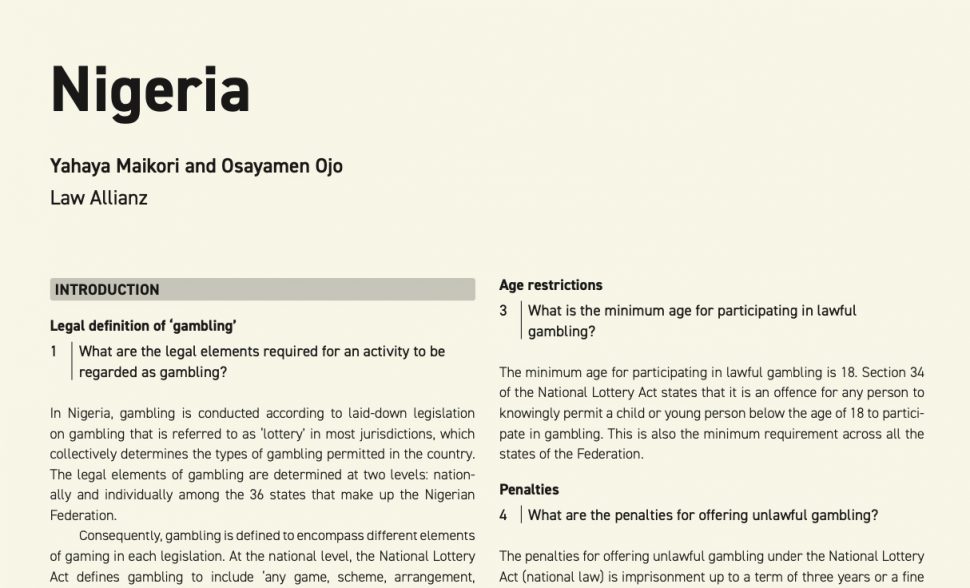
Getting the Deal Through – Gaming Nigeria
Getting the Deal Through In Nigeria, gambling is conducted according to laid-down legislation on gambling that is referred to as…
0 -

Nigerians in the Square Mile – A Guide to Foreign Investments
Nigerians in the Square Mile – A Guide to Foreign Investments In the last decade, the Nigerian creative industry has…
-
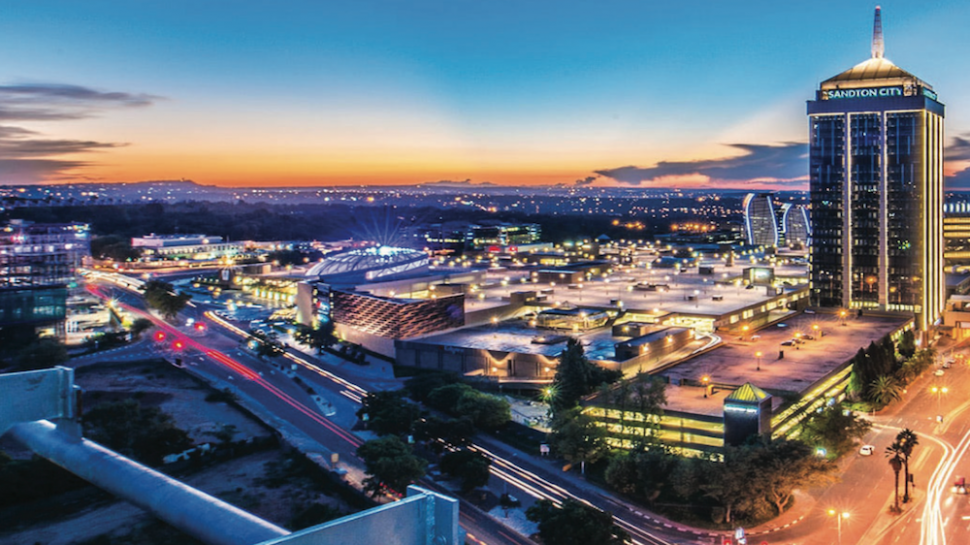
Maikori: With ICE Africa, gaming will never be the same
With the maiden edition of ICE Africa proving a resolute success, Yahaya Maikori, partner at Law Allianz and founder of…
-
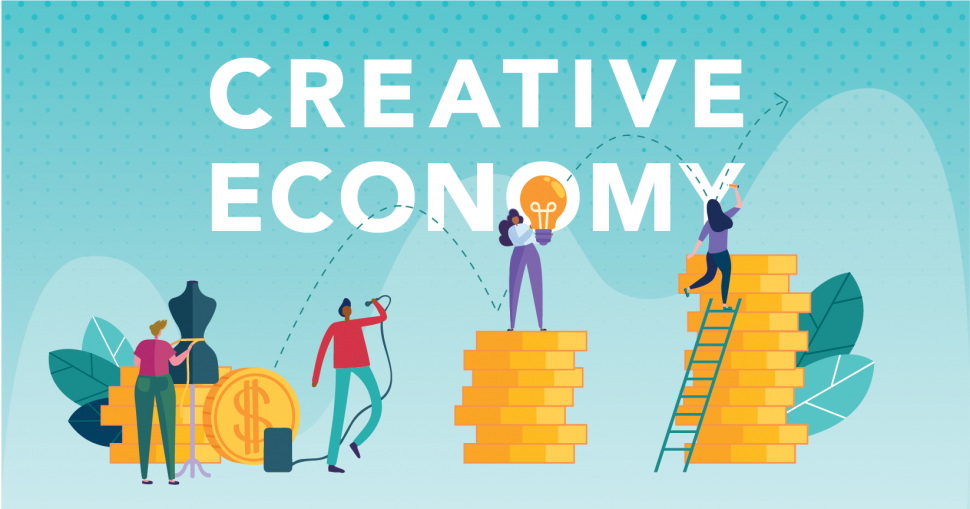
THE NIGERIAN CREATIVE ECONOMY: ITS HISTORY TO DATE AND CURRENT TRENDS
KEYNOTE/POSITION STATEMENT DELIVERED by YAHAYA MAIKORI AT THE EUROPEAN UNION NATIONAL INSTITUTES OF CULTURE’S CLUSTER REGIONAL MEETING…
-

AFRICA REGULATORY ROUND-UP – IS THERE A CASE FOR A PAN-AFRICAN GAMING REGULATION?
As the African market continues to attract the attention of international operators, there is a growing demand for pan-African regulation,…
-

African Regulatory Round-up: Pan-African Regulation
As the African market continues to attract the attention of international operators, there is a growing demand for pan-African regulation,…
-

Maikori: A guide on how to secure an African partner
It is universally accepted, writes Yahaya Maikori, gaming lawyer at Lagos-based Law Allianz, that for any business to thrive in a…
-
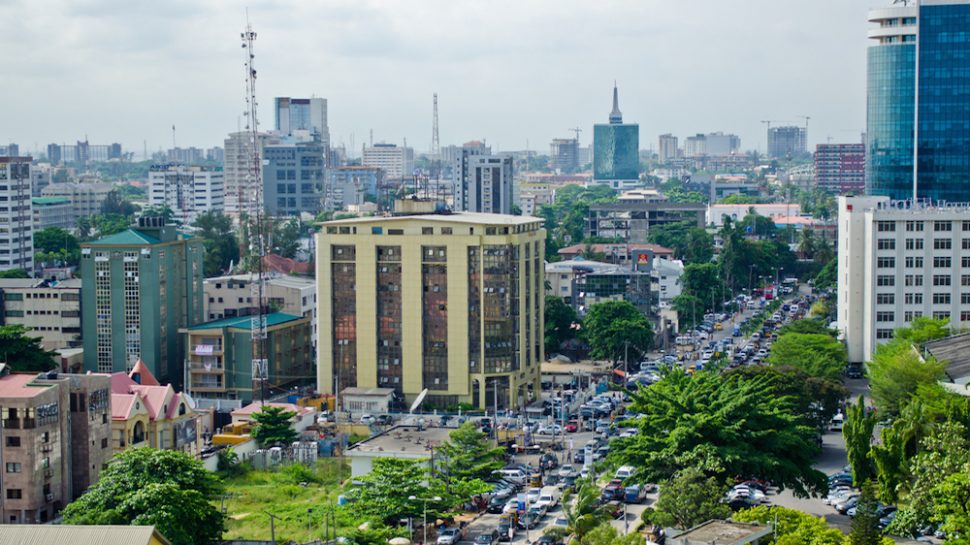
African Regulatory Round-up: Building a Picture of the Legal Landscape
In the second part of his deep dive into key regulatory reforms being made in a number of African jurisdictions,…
-
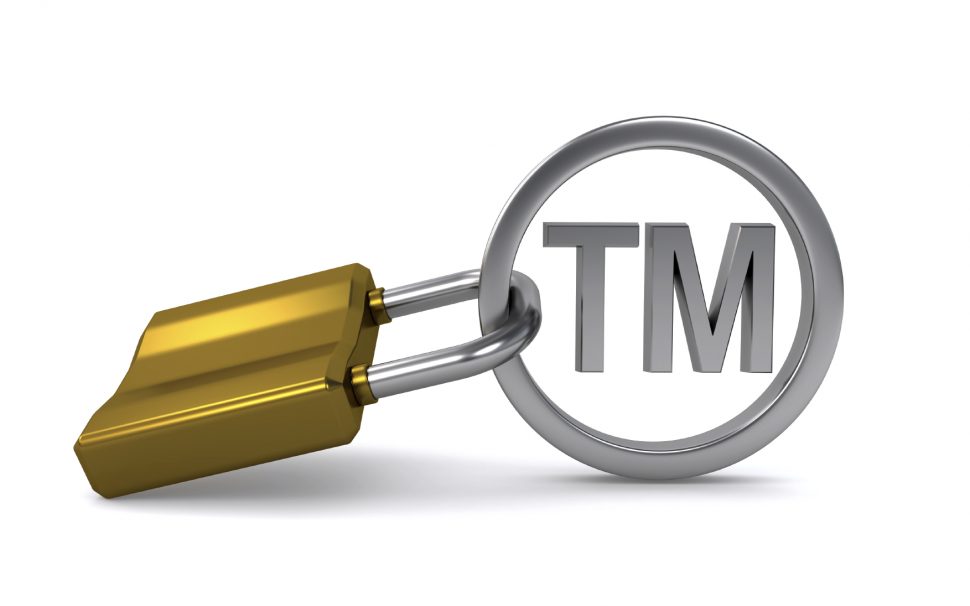
OVERVIEW OF COMPARATIVE STANDARDS FOR PROTECTION OF TRADEMARKS
1. Introduction Any international discussion of trademarks protection regime today must stem from the Agreement on Trade Related Aspects of Intellectual…
-

THE NIGERIAN CREATIVE INDUSTRY AND INTELLECTUAL PROPERTY RIGHTS IN A DIGITAL ENVIRONMENT
1. BASIC FACTS AND FIGURES One thing is crystal clear: there is an abundance of talent in Nigeria and from Nigeria.…
Publications
Law Allianz > Publications